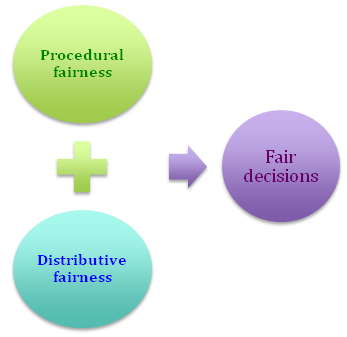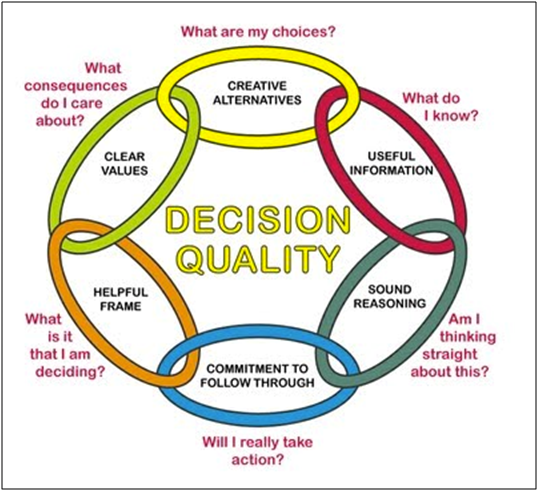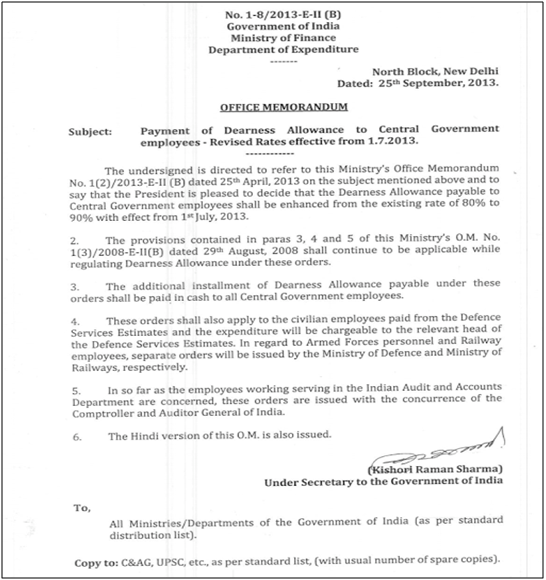The importance of making fair decisions
Making decisions is one of the most crucial tests of being a leader. Often, it is the hardest. Ask your class monitor, and he/she will definitely agree.
What makes decisions difficult is the inherent idea of fairness. The decisions we make must be fair. We cannot just do what seems right for us or our friends or our loved ones. If your class monitor started making decisions that only affected their best friends, then the whole class will scream ‘this is unfair!’.
There are two kinds of fairness to think of when we make a decision:

Procedural fairness: Fairness in process and rules about decision making.
Distributive fairness: It addresses the outcome of a decision.
At a country level also, there is an executive machinery in place which carries out decisions that affect the wealth and well being of the entire country.
Key aspects of a quality decision:

Consider the following situation:
Xavier is fourteen and has taken piano lessons since he was five. He feels that he misses out on many fun activities because he has to practice every day after school. He wants to quit piano lessons, but his mother will not allow him to; she says, “If you quit the piano now you’ll be sorry when you get older.” Xavier wants to quit anyway. What other options could Xavier and his mother find? Is there a compromise that they can make to satisfy both of them? |
Using the values in the picture above, work out a fair and favourable decision about Xavier’s problem. Work in pairs and discuss the answers with your class. Think of the impact the decision you take will have on the rest of his life.
In India, major policy decisions are taken through government orders.
This is an example of what an official order looks like:
